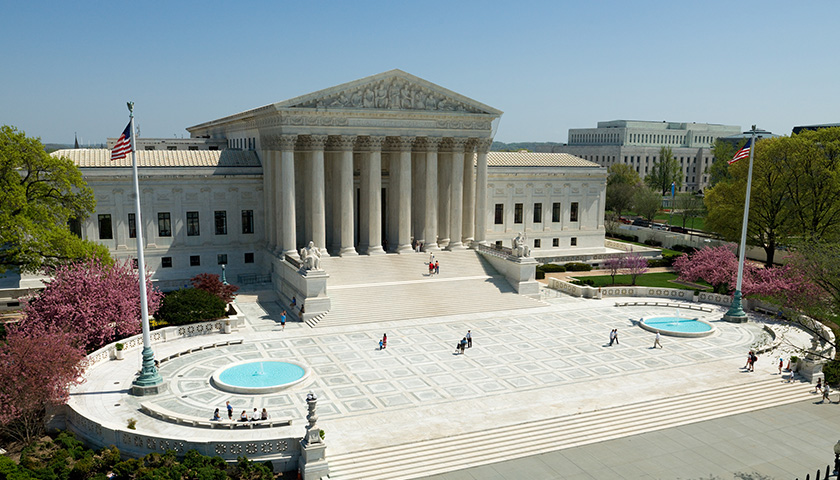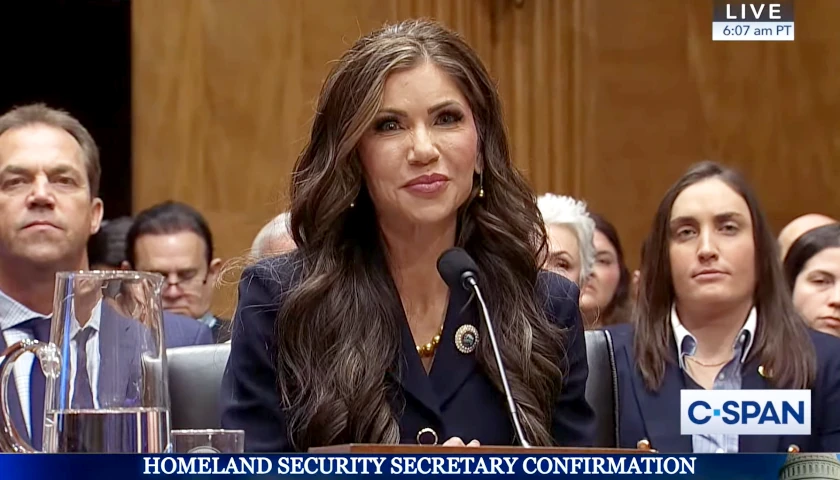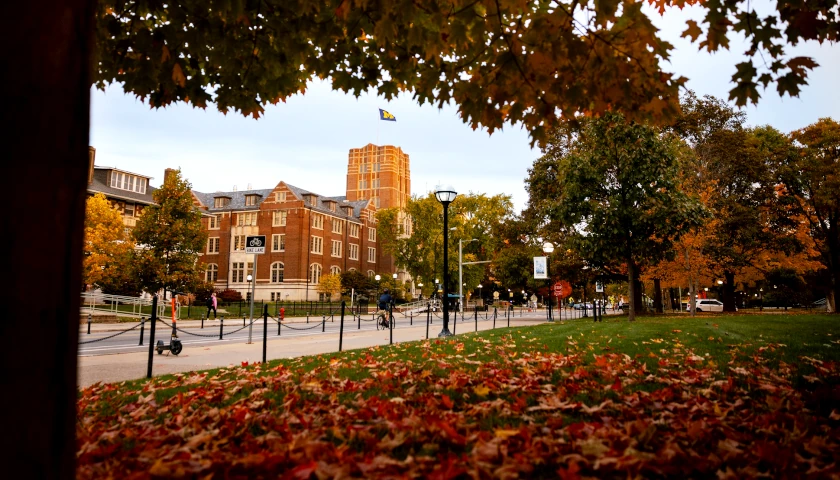by Greg Piper and Charlotte Hazard
Vermont families that want to send their children to religious schools will no longer be excluded from the state’s tuition benefit program, as a result of legal settlements in two cases brought by the Alliance Defending Freedom (ADF).
The plaintiffs who were denied funding under the Town Tuition Program, which provides tuition for students who live in areas without local public schools, will get reimbursement for money spent out of pocket on tuition. Other families denied funding can apply as well.
“Some families could be looking at multiple years’ worth of tuition if they made a request,” ADF spokesperson Jacqueline Ribeiro told Just the News.
The writing was on the wall for the Green Mountain State after the Supreme Court invalidated a similar Maine policy that limited tuition assistance to “nonsectarian” schools, with Justice Neil Gorsuch speculating it favored schools with “watered down” religious beliefs.
A federal appeals court had already ordered Vermont to let the families receive reimbursement regardless of the “religious affiliation or activities” of their chosen school while the case proceeded. A state judge questioned the program a month before SCOTUS considered Maine’s policy.
“For more than two decades, Vermont unlawfully excluded religious schools and their students from public benefits, essentially eliminating school choice for many parents in the state,” ADF Legal Counsel Paul Schmitt said in announcing the settlements. The group represented several families and the Roman Catholic Diocese of Burlington.
Vermont school districts were acting under a 1996 state Supreme Court decision that let them block tuition to religious schools without “adequate safeguards” to prevent the money from being spent on “religious education.”
But the state never provided guidance on what that meant, and some districts adopted a “blanket ban,” the 2nd U.S. Circuit Court of Appeals had said.
Vermont Secretary of Education Daniel French, school officials, the families and diocese “agree that the U.S. Supreme Court’s Carson decision [against Maine’s policy] renders Vermont’s adequate safeguards requirement unconstitutional” and prohibits its enforcement to deny reimbursement based on a school’s “religious status, affiliation, beliefs, exercise or activities,” each settlement reads.
School officials will give notice to “tuition-eligible resident families” of the Carson decision and reimburse the plaintiff families and their chosen schools for “outstanding tuition balances.”
But U.S. District Judge Christina Reiss refused to impose a permanent injunction that would stop the defendants from telling the public that “adequate safeguards” can be used to exclude religious schools, calling it a likely prior restraint on government speech. There’s also no evidence they have done so since the Carson decision, Reiss wrote in an addendum.
“Many of these families made great sacrifices to provide their kids with a faith-based education, and we hope even delayed benefits can provide some financial help,” Schmitt said.
– – –
Greg Piper joined Just the News from The College Fix, where he trained college students in journalism and covered the biggest controversies on campus, from free speech and academic freedom battles to sexual misconduct proceedings and litigation. Piper has covered law and policy for 15 years, with a focus on tech companies, civil liberties and higher education.
Charlotte Hazard is a regular contributor to Just the News.
Photo “U.S. Supreme Court Building” by USCapitol.





